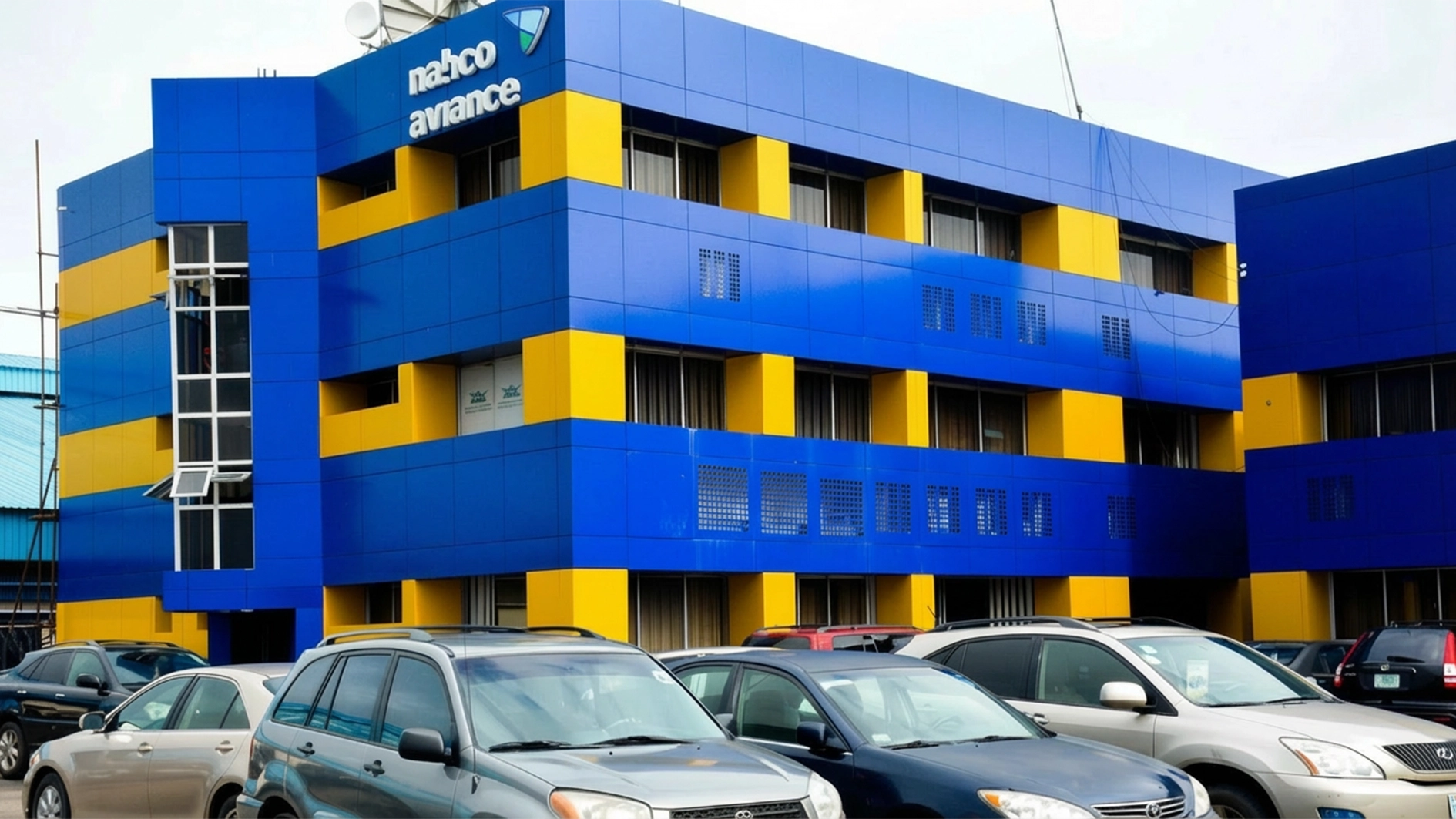Nigeria’s business environment remained on an expansionary path in June 2025 as operators sustained improved performance despite prevailing macroeconomic and structural challenges.
This was contained in the latest Business Confidence Monitor (BCM) report released by the Nigerian Economic Summit Group (NESG) in partnership with Stanbic IBTC.
The report stated that the Current Business Performance Index increased to 113.6 points in June, up from 109.8 points in May. This marked the sixth consecutive month of business expansion in 2025, reflecting improved investor confidence and relative stability in macroeconomic conditions.
The report attributed the sustained positive outlook to easing inflationary pressures, growing business resilience, and a more favourable investment climate. It noted that these factors helped firms across key sectors maintain expansionary momentum even as they contended with critical barriers to growth.
Among the most pressing challenges cited by business managers were limited access to financing, inadequate electricity supply, foreign exchange constraints, ambiguous economic policies and high costs associated with commercial property leases and rentals.
Despite these impediments, firms remained broadly optimistic about future conditions, with the BCM Future Business Expectation Index climbing to its highest point in the year at 134.5 in June, up from 132.4 in May.
Sectoral analysis revealed strong performance across all tracked industries, with the manufacturing sector recording the highest level of expansion at 123.6 index points, up from 114.4 in May.
This was driven by improved activities in sub-sectors such as textiles, cement, plastics, wood and paper products. However, manufacturers flagged persistent issues including raw material shortages, insecurity, high energy costs, multiple taxes, and weak demand as obstacles.
Imported inflation, compounded by an unfavourable exchange rate and high dependence on foreign inputs, also continued to weigh heavily on margins.
The non-manufacturing sector maintained an expansionary reading of 120.7 points, though this represented a second consecutive month of decline, from 123.6 in April and 122.2 in May.
The slowdown was attributed to rising operational costs caused by poor power supply, increased diesel use, dilapidated infrastructure and weak access to credit.
Most non-manufacturing sub-sectors experienced reduced activity in June except oil and gas services, which bucked the trend. The ‘other non-manufacturing’ category fell into contraction at 98.4 points, illustrating the unevenness of growth across the sector.
Agriculture, which contracted in May, rebounded in June to 108.9 index points following seasonal and structural boosts. The recovery was largely driven by crop production, which contributed over 80 per cent of the sector’s output and rose to 109.6 points from 95.1 in the previous month.
However, agribusinesses still cited financial constraints as a major issue, especially difficulty accessing loans for feed, equipment, and veterinary supplies. They also lamented power shortages, logistical bottlenecks, insecurity and high energy costs, particularly critical for poultry and fish farming where cold storage and water systems are essential.
The trade sector continued to demonstrate resilience, with its index rising to 121 points in June from 114.1 in May. The rebound was most pronounced in the retail sub-sector, which climbed from a contractionary 89.2 points in May to 111.7 points in June. The wholesale sub-sector, while still in expansion, dipped slightly to 130.3 points.
Analysts linked the improvement to increased demand for non-discretionary goods such as food items, household essentials, and personal care products, which were in high demand during nationwide festivals. However, traders continued to face challenges such as high transportation costs, limited access to affordable finance and market price volatility.






